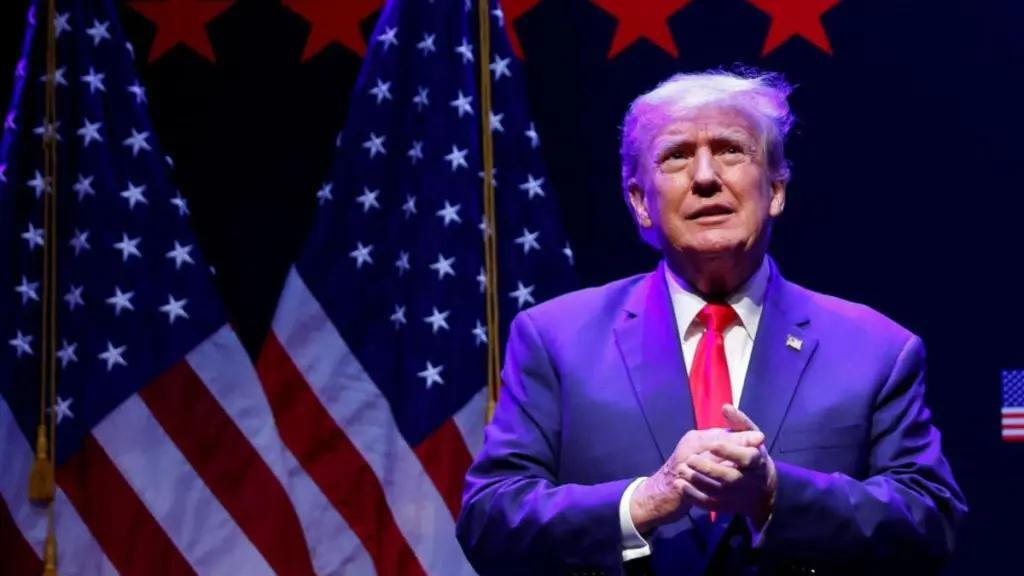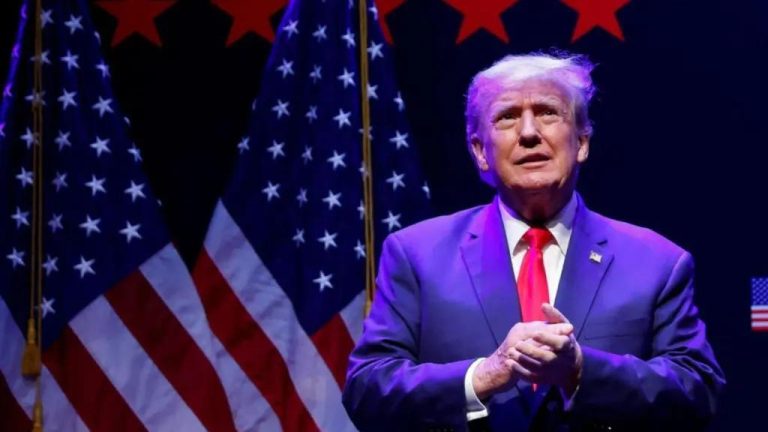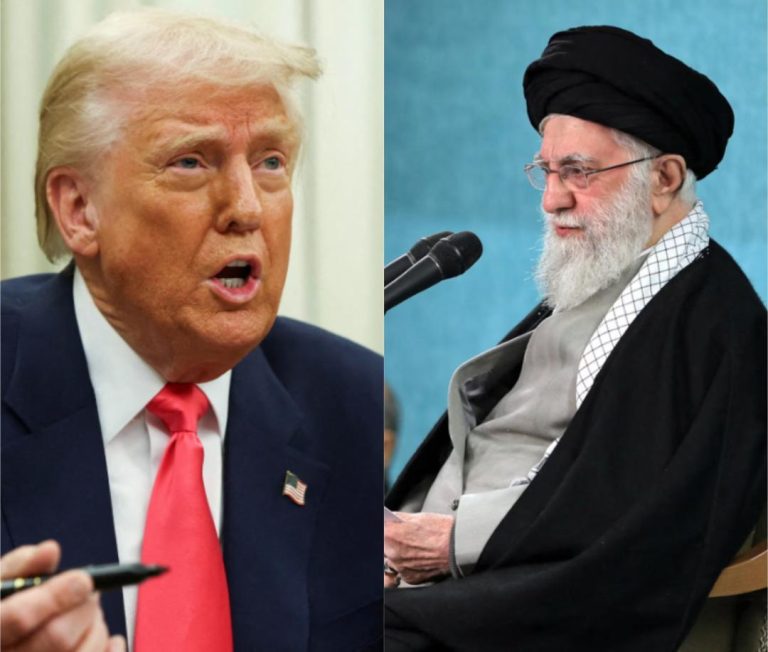
Donald Trump Exempts Smartphones & Computers from Reciprocal Tariffs
In a move that has sent shockwaves through the tech industry, United States President Donald Trump has excluded smartphones, computers, and other electronic items from the reciprocal tariffs he imposed on Chinese goods. The exemption, which was announced through a Customs and Border Patrol notice, has been met with relief by tech giants such as Apple, who had expressed concerns that the tariffs could lead to increased prices for consumers.
As part of his ongoing trade war with China, Trump imposed a 25% tariff on $50 billion worth of Chinese goods in June, and a 10% tariff on an additional $200 billion worth of goods in September. The tariffs were intended to pressure China into changing its trade practices, but they have also had a significant impact on American consumers and businesses.
One of the biggest concerns for tech companies has been the potential for increased prices for their products. Many smartphones, computers, and other electronic items are manufactured in China, and the tariffs could make it more expensive for companies to import these goods. Apple, for example, has warned that the tariffs could increase the cost of its iPhones by up to 25%.
The exemption for electronic items is seen as a significant win for tech companies, as it will help to mitigate the impact of the tariffs on their business. The exemption applies to a wide range of electronic items, including smartphones, laptops, tablets, and televisions, as well as components such as processors, memory chips, and displays.
The decision to exempt electronic items from the tariffs was likely influenced by the significant economic impact that they have on the United States. The tech industry is a major driver of economic growth in the US, and the tariffs could have had a significant impact on employment and GDP.
The exemption has also been seen as a way to maintain good relations with tech companies, which have been vocal in their opposition to the tariffs. Apple, in particular, has been a vocal critic of the tariffs, and has argued that they are unfair and could harm American consumers.
The exemption is not without its limitations, however. The Customs and Border Patrol notice makes it clear that the exemption only applies to electronic items that are imported from China, and that other Chinese goods will still be subject to the tariffs. This means that companies that import goods from China that are not electronic items may still face increased costs and challenges.
The exemption has also been seen as a way to encourage China to make concessions in the ongoing trade negotiations. The US and China have been engaged in a trade war for several months, and the tariffs have been a major point of contention. The exemption for electronic items may be seen as a way to encourage China to make concessions on other issues, such as intellectual property and forced technology transfers.
In conclusion, the decision by President Trump to exempt smartphones, computers, and other electronic items from the reciprocal tariffs is a significant win for tech companies, and will help to mitigate the impact of the tariffs on their business. The exemption is seen as a way to maintain good relations with tech companies, and to encourage China to make concessions in the ongoing trade negotiations. However, the exemption is not without its limitations, and companies that import goods from China that are not electronic items may still face increased costs and challenges.






